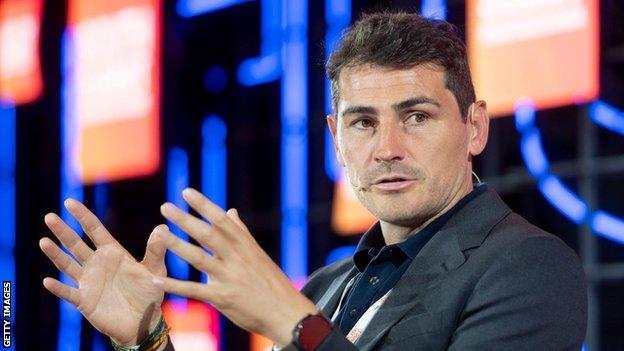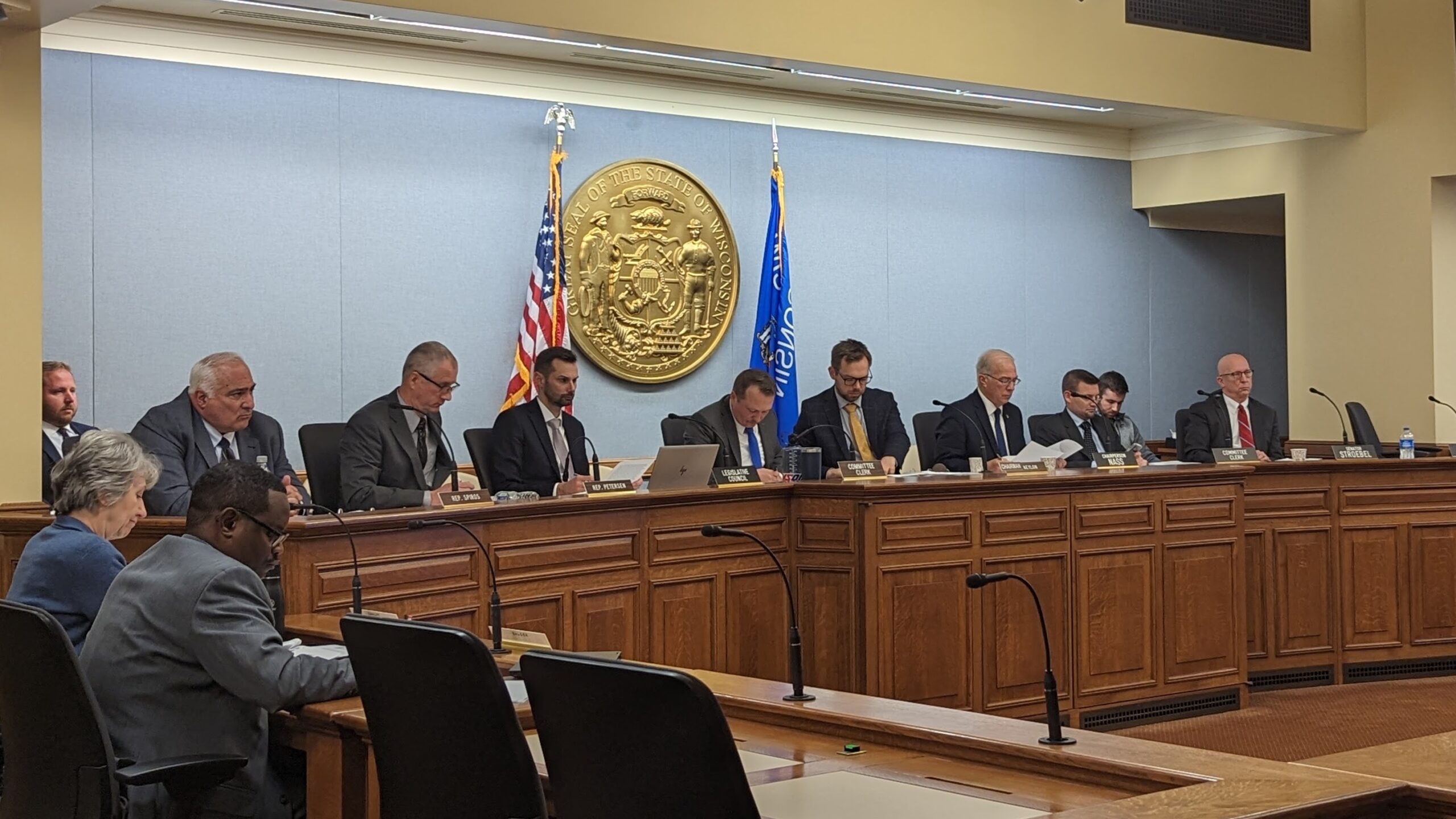
For a couple of hours on Sunday lunchtime, Iker Casillas was the most famous gay footballer in the world.
Until, of course, he wasn’t.
“I hope you respect me: I’m gay,” said a tweet from the account of the former Real Madrid and Spain goalkeeper.
Those words represented, at least at first glance, a watershed moment for football.
Had it been true, Casillas would have been the most significant male player to open up about their sexuality, in a sport where the number of out male role models can still be counted on the fingers of a pair of goalkeeping gloves.
But among all the supportive replies to Casillas’ supposed coming out, there was a tell-tale sign that things weren’t what they seemed.
“It’s time to tell our story, Iker,” said Carles Puyol – Casillas’ former team-mate for Spain, signing off his response with a kiss emoji.
And, as it turned out, Casillas wasn’t coming out at all.
Two hours after the ‘respect me: I’m gay’ post went up, Casillas deleted it – and replaced it with a new tweet, claiming he’d been hacked but that everything was now “in order”.
And Puyol?
He deleted his original post as well.
“I made a mistake,” Puyol tweeted in apology, “sorry for a clumsy joke with no bad intentions.”
But regardless of the intent of the World Cup and European Championship winners, the reaction online was strong and severe.
Football referee Ryan Atkin – who happens to be gay – accused the two men of “fuelling homophobia in the game”, saying the pair needed to “hang their head in shame” Networking group Sports Media LGBT+ criticised both the “flippancy of the tweets… and the weak backtrack”.
The significance
So why is this important?
After all, a hacked account or a poorly-worded tweet doesn’t have the power to change lives – and if it was just a bad joke between old team-mates, reportedly made in response to Spanish media speculation about Casillas’ private life… well, so what?
Does it really matter?
The answer is yes – but to understand that, you’d have to understand what it’s like to be an LGBTQ+ person in football, and in society.
You’d have to have listened to the stories of Jake Daniels and Zander Murray, talking about the weight they felt as teenagers in the game when they believed they had to hide their sexuality to get on in the game.
You’d have to be aware of Lloyd Wilson and Josh Cavallo, and the bravery it took both men to open up about their authentic selves in a sport where gay and bisexual men have historically been marginalised.
You’d have to know that many people in sport – both men and women – have struggled with their sexuality, and that hate crimes against LGBTQ+ people in general are on the rise in England and Wales.
The reaction
The worry for those who work to make football a more inclusive place will be that neither Casillas nor Puyol appeared to be thinking about those things when they posted on social media.
Put simply, neither man seemed to ‘get’ what it’s like to be gay in the beautiful game.
Instead, the Twitter exchange between the former Spain internationals gives ammunition to those who, with half an eye on the upcoming World Cup in Qatar, feel football isn’t serious about making the LGBTQ+ community feel welcome.
And it stirred up the worst elements of social media, who have spent the past 24 hours hurling homophobic abuse at those – myself included – who point out that there are real-world consequences to the words of Casillas and Puyol.
But to condemn an entire sport for the tin-eared and cack-handed Twitter exchanges of two men who ought to have known better wouldn’t be fair.
More and more people within football are willing to share their authentic selves, and open up about their sexuality.
From LGBTQ+ leagues marking landmark anniversaries to LGBTQ+ fans attending games as their inclusive selves, the sport is more inclusive than it’s ever been.
Is the progress fast enough, or visible enough?
Sunday’s social media exchange would suggest not – but change, however gradual, is clearly happening.
So next time Casillas or Puyol decide to tweet, perhaps it could be about that instead?










